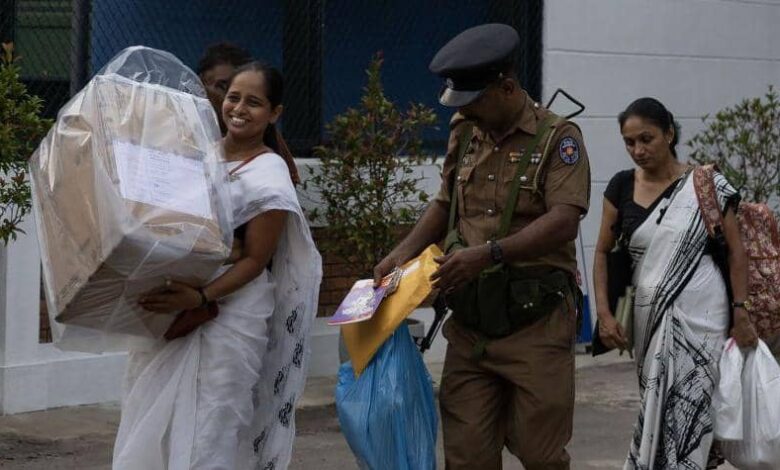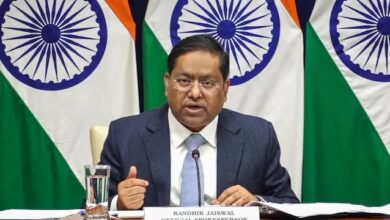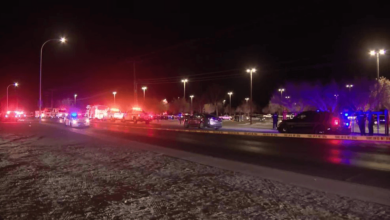
For the first time in history, Sri Lanka’s presidential election has moved to a second round. In the country’s first election since a severe financial crisis hit it two years ago, no candidate could achieve the required threshold of 50 percent of the votes.
To this effect, an outspoken Marxist-leaning politician, Anura Kumara Dissanayake, also emerged as a formidable contender for the Presidential position with 39.5 percent votes, while opposition leader Sajith Premadasa made a close call with 34 percent. Incumbent President Ranil Wickremesinghe polled 17 percent of the vote, along with 36 other candidates who were found ineligible.
The Election Commission said that the winner is now being decided in a second round of counting. Minelle Fernandez of Al Jazeera in Colombo said, “During this phase, the preferential votes of each voter will be added to the totals of the two leading candidates. We expect the final result fairly soon.”
The fact that Wickremesinghe had been at the helm of this fragile economic recovery since the crippling crisis in 2022 could not save him from his defeats because the cost-of-living crisis dominated the mood of voters against him. His closeness to the Rajapaksa family-which many blame for the economic mess-weakened his appeal.
The economy has taken center stage in the election, with Dissanayake promising welfare measures to alleviate hardships. He has criticized the austerity measures imposed on the International Monetary Fund loans and pledged to renegotiate the terms.
Dissanayake leads the left-leaning coalition National People’s Power, positioning himself as a candidate for change. His popularity has risen since 2022 protests led to the ouster of then-President Gotabaya Rajapaksa, whom Wickremesinghe replaced.
Political scientist Pradeep Peiris of the University of Colombo told AFP, “The election result clearly indicates that the uprising we witnessed in 2022 is not over.
Premadasa, the son of the assassinated former President Ranasinghe Premadasa, had also promised to renegotiate the IMF deal. According to the election commission, close to 75 percent of the 17 million people eligible to vote had their say in this keenly contested election.



